 Janine Mauzeroll is an associate professor at McGill University, where she leads a research group focused on topics ranging from electrochemistry in organic and biological media to electronically-conducting polymers. Her work combines experimental and theoretical electrochemical methods and applies them to biomedical and industrial problems such as multidrug resistance in human cancer cells, neurotransmitter release, biosensor design, and high-speed scanning electrochemical microscopy. Mauzeroll has recently been named a new technical editor of the Journal of The Electrochemical Society, concentrating in the Organic & Bioelectrochemistry Topical Interest Area.
Janine Mauzeroll is an associate professor at McGill University, where she leads a research group focused on topics ranging from electrochemistry in organic and biological media to electronically-conducting polymers. Her work combines experimental and theoretical electrochemical methods and applies them to biomedical and industrial problems such as multidrug resistance in human cancer cells, neurotransmitter release, biosensor design, and high-speed scanning electrochemical microscopy. Mauzeroll has recently been named a new technical editor of the Journal of The Electrochemical Society, concentrating in the Organic & Bioelectrochemistry Topical Interest Area.
What do you hope to accomplish in your role as Technical Editor?
I see no greater need than the one related to the promotion of fundamental research as a necessary partner to applied and industry driven science. As Technical Editor, I will put emphasis on complete experimental and full disclosures to generate “go to” manuscripts.
Moving forward, I hope to convince established researchers to continue sending in manuscripts by offering them visibility, such as special issues in or keynote addresses at symposiums. We need to seek out new researchers and deliver on our promise to provide a respectful and efficient review.
How has the rise of open access changed the current scholarly publishing model?
The rise of open access is a game changer and step forward for science. Strongly influenced by funding agencies, who have financed the publishing costs related to figures, covers and, general publishing costs, it is now a requirement in several countries that all publicly funded research be open access. In removing this budgetary constraints, we promote a publishing model focused on a desired target audience and impact.
Additionally, ECS’s Free the Science initiative will lead to a more general access to reliable and good scientific information, which is a basic requirement for further innovation and discoveries. In removing these constraints, more resources are being diverted to supporting the pillars of our research: students and fellows. Knowledge sharing basically forces us to move away from our protectionism inclinations and focus on our next great idea.
(more…)
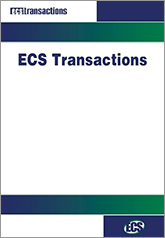


 The Electrochemical Society has appointed
The Electrochemical Society has appointed  Thomas J. Schmidt is chair and professor of electrochemistry at ETH Zürich, and head of the Energy and Environment Research Division at Paul Scherrer Institute in Villigen, Switzerland, where he investigates various aspects of electrochemical energy conversion and storage. In 2010, he received the ECS
Thomas J. Schmidt is chair and professor of electrochemistry at ETH Zürich, and head of the Energy and Environment Research Division at Paul Scherrer Institute in Villigen, Switzerland, where he investigates various aspects of electrochemical energy conversion and storage. In 2010, he received the ECS  The Electrochemical Society has appointed Robert G. Kelly of the
The Electrochemical Society has appointed Robert G. Kelly of the 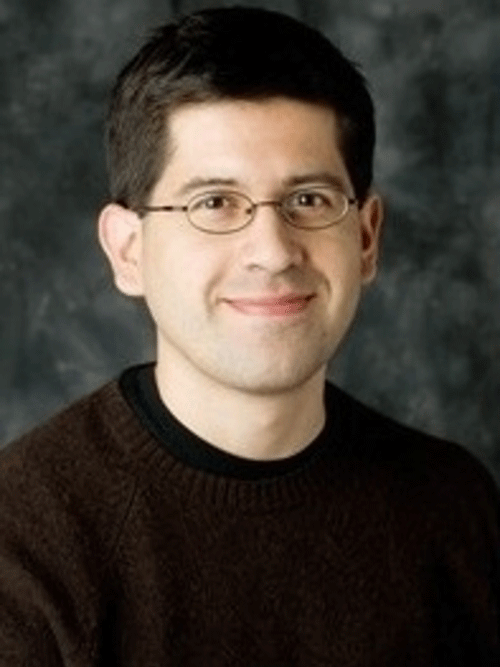 Stephen Maldonado is an associate professor at the University of Michigan, where he leads a research group that focuses on the study of heterogeneous charge transfer processes relevant to the fields of electronics, chemical sensing, and energy conversion/storage technologies. He was recently reappointed as an associate editor for the
Stephen Maldonado is an associate professor at the University of Michigan, where he leads a research group that focuses on the study of heterogeneous charge transfer processes relevant to the fields of electronics, chemical sensing, and energy conversion/storage technologies. He was recently reappointed as an associate editor for the 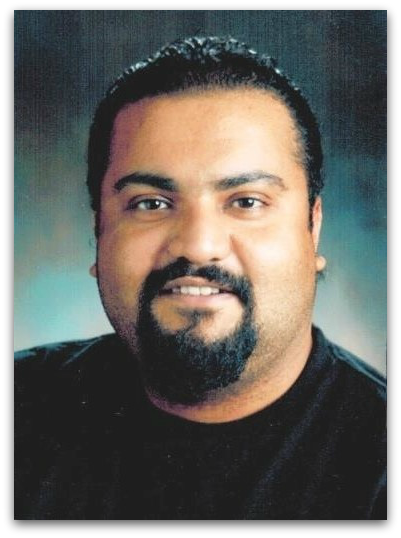 Ajit Khosla is a professor at Yamagata University in Yonezawa, Japan and a visiting professor at San Diego State University’s College of Engineering. Khosla’s work in the area of nano-microsystems has resulted in more than 100 scientific and academic contributions. Khosla has recently been named associate editor for the
Ajit Khosla is a professor at Yamagata University in Yonezawa, Japan and a visiting professor at San Diego State University’s College of Engineering. Khosla’s work in the area of nano-microsystems has resulted in more than 100 scientific and academic contributions. Khosla has recently been named associate editor for the 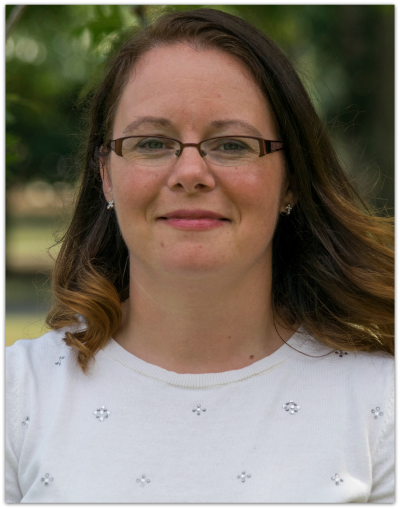 Alice Suroviec is an associate professor at Berry College, where she focuses her research efforts on the development of microelectrodes and applications of electrochemistry to real-time detection of biological analytes in aqueous solutions. Suroviec has recently been appointed to the ECS Electrochemical Science & Technology Editorial Board as an associate editor for the
Alice Suroviec is an associate professor at Berry College, where she focuses her research efforts on the development of microelectrodes and applications of electrochemistry to real-time detection of biological analytes in aqueous solutions. Suroviec has recently been appointed to the ECS Electrochemical Science & Technology Editorial Board as an associate editor for the 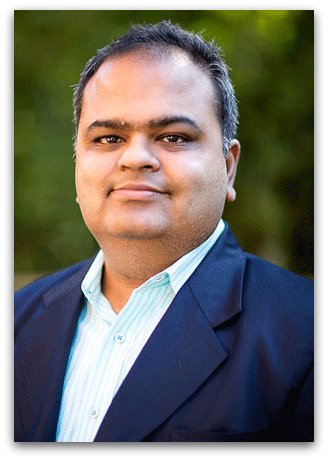 Venkat Subramanian is the Washington Research Foundation Innovation Professor of Chemical Engineering and Clean Energy at the University of Washington. His research efforts focus on computational models to bridge next-generation energy materials to battery management systems. Subramanian has recently been named a new technical editor of the
Venkat Subramanian is the Washington Research Foundation Innovation Professor of Chemical Engineering and Clean Energy at the University of Washington. His research efforts focus on computational models to bridge next-generation energy materials to battery management systems. Subramanian has recently been named a new technical editor of the  Janine Mauzeroll is an associate professor at McGill University, where she leads a research group focused on topics ranging from electrochemistry in organic and biological media to electronically-conducting polymers. Her work combines experimental and theoretical electrochemical methods and applies them to biomedical and industrial problems such as multidrug resistance in human cancer cells, neurotransmitter release, biosensor design, and high-speed scanning electrochemical microscopy. Mauzeroll has recently been named a new technical editor of the
Janine Mauzeroll is an associate professor at McGill University, where she leads a research group focused on topics ranging from electrochemistry in organic and biological media to electronically-conducting polymers. Her work combines experimental and theoretical electrochemical methods and applies them to biomedical and industrial problems such as multidrug resistance in human cancer cells, neurotransmitter release, biosensor design, and high-speed scanning electrochemical microscopy. Mauzeroll has recently been named a new technical editor of the 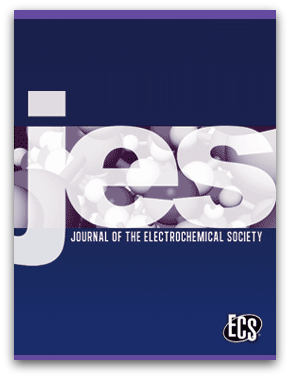 Deadline: June 15, 2016
Deadline: June 15, 2016